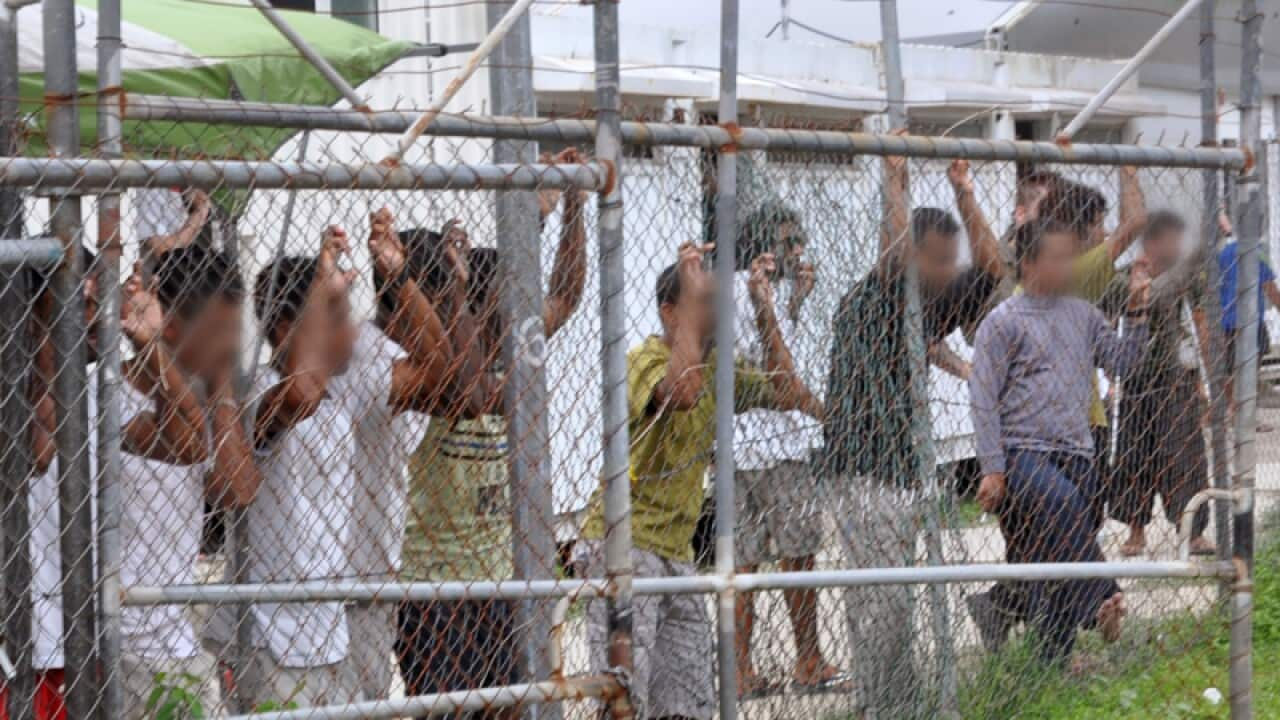The meeting in Paris followed the leaders' remarkably different political fortunes in the past week, which saw Macron's party headed for a massive parliamentary majority, while May lost her slim advantage in the House of Commons.
"Of course the door is always open as long as the negotiations on Brexit have not finished," Macron said in a press conference.
But he stressed that the British people had taken the sovereign decision to leave the 28-member bloc in their referendum a year ago, adding that the beginning of talks would be a milestone.
"Once it (the Brexit process) has started we need to be collectively clear that it's more difficult to reverse course," he said at the Elysee palace.
May stressed that she would stick to her timetable of starting Brexit discussions next week in Brussels, saying the talks were "on course", despite her domestic difficulties.
Related reading

UK election: May apologises to own MPs for election 'mess'
Her Conservative party lost its majority in a bungled snap election last week which some observers suggested might lead May to abandon her plans for a so-called "hard Brexit".
But she countered: "There's a unity of purpose among people in the UK. It's a unity of purpose having voted to leave the EU that their government gets on with that and makes a success of it."
Crackdown on online extremism
After their talks, May and Macron watched a football friendly between England and France where a minute's silence was held before kick-off to remember the victims of recent terror attacks in Manchester and London.
The order of the national anthems was reversed, leading thousands of French fans to put aside centuries of rivalry, war and their own history of regicide in a moment of cross-Channel solidarity.
"God Save The Queen" they thundered before the match began.
The poignant moment served to underline May and Macron's main message, namely that France and Britain will continue to work together despite Brexit. However there was no comfort for May on the pitch, with France running out 3-2 winners.
The French and British leaders also announced a joint action plan to crack down on extremism and terror propaganda online, accusing internet companies and social media networks of doing too little.
The measures aim "to ensure the internet cannot be used as a safe space for criminals and terrorists and it cannot be used to host the radicalising material that leads to so much harm," May said.
Priorities include looking into encrypted communication platforms used by extremists to evade security forces and new laws to impose penalties on internet companies which fail to remove offensive content.
Facebook, Twitter and other social networks had long argued that they were unable to monitor content posted online by their users, but have grown increasingly sensitive to criticism.
Germany lawmakers recently introduced legislation requiring internet companies to remove content flagged as hate speech within 24 hours.
Macron vs May
Before May arrived to meet Macron, many commentators had underlined their contrasting fortunes. He is a 39-year-old centrist seemingly clearing all obstacles from his path after standing in and winning his first-ever election this spring.
Last Sunday, his new Republic On The Move party won the first round of parliamentary elections and is on course for control.
She is a 60-year-old rightwing veteran now fighting to keep her job following the loss of the Conservative party's majority.
"Everyone assumes that she's a zombie," Francois Heisbourg, a former French diplomat and chairman of the International Institute for Strategic Studies in London, told AFP.
He also repeated the conclusion of May's former cabinet colleague George Osborne, now the editor of the London Evening Standard newspaper, who called her a "dead woman walking".
Macron's comments on leaving the "door open" are likely to encourage Britain's minority europhiles who still dream of keeping Britain inside the European Union.
But the reversal of the historic Brexit decision last June would probably require another referendum.
Macron's comments were echoed on Tuesday by German Finance Minister Wolfgang Schaeuble.
"If they wanted to change their decision, of course they would find open doors, but I think it's not very likely," Schaeuble told Bloomberg Television.













